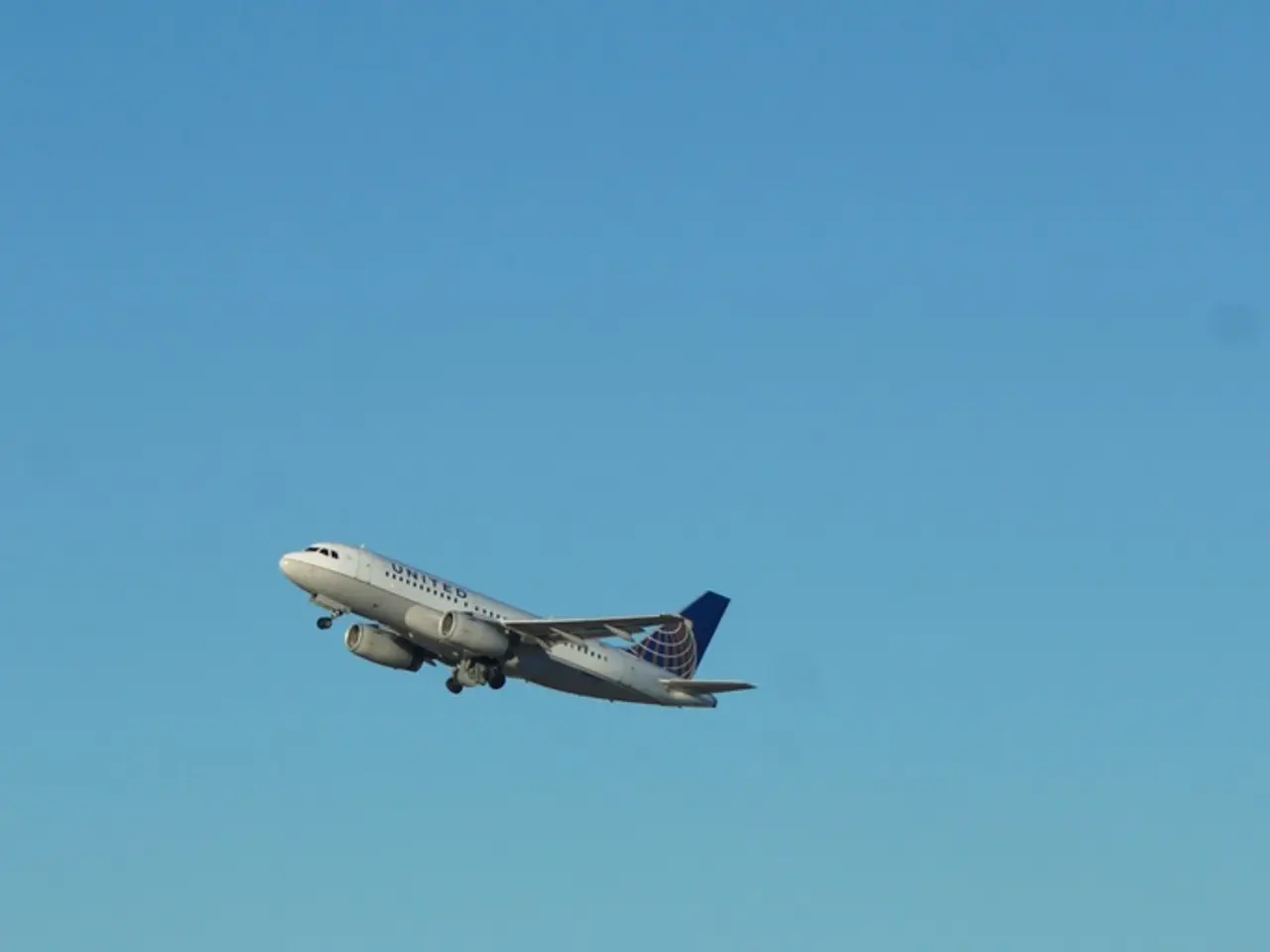Munich Airport leverages its advantages
Munich Airport, a key player in the European aviation industry, currently hosts 35 long-haul aircraft from the Lufthansa Group, including all eight A380s. This substantial fleet, which also includes A350 models, is a testament to the modern nature of Munich's aviation operations.
Operated by Jost Lammers, Munich Airport shares a close joint venture with Lufthansa through their Terminal 2 system. Lufthansa, with its aim to achieve the best start in terms of punctuality, stability, and other key figures by 2025, is committed to enhancing its presence in Munich.
However, competition looms large in the European aviation landscape, with Frankfurt Airport posing a significant challenge. Jost Lammers, in his perspective, views this competition as beneficial for business. The next three to five years are crucial for the competitiveness of European hubs, as they face competition not only from each other but also from airports in Istanbul and the Gulf.
Lufthansa, with its six main hubs in Brussels, Frankfurt, Munich, Rome, Vienna, and Zurich, coordinates flight schedules to optimize connections, particularly for long-haul services. The competition also impacts network dynamics at hubs like Frankfurt, where airlines like Condor face challenges competing on long-haul routes without extensive feeder networks.
Munich Airport generated more than 70 percent of its business with Lufthansa in 2024, with 42% of passengers being transfer passengers. Lufthansa's commitment to Munich is further evident in the appointment of a dedicated hub manager on site, Jens Ritter.
The arrival of ITA Airways, a new member of the Lufthansa family, is expected to offer opportunities for the Africa and South America business at the Munich hub. Air France-KLM, on the other hand, pursues a dual-hub strategy in Amsterdam and Paris, while Lufthansa maintains its focus on Munich and Frankfurt.
Despite a tense period last year, Lufthansa and Munich Airport have since improved their performance, working towards a more harmonious relationship. Frankfurt Airport, with its 50-year head start as a major airport and hub, continues to pose a formidable challenge, but Munich's modern fleet and strategic partnership with Lufthansa position it well for the future.
As the European aviation industry navigates the next few years, the competition among its hubs is set to intensify. Munich Airport, with its strong partnership with Lufthansa, aims to maintain its competitive edge and secure its place as a leading European hub.
Read also:
- The renowned Growatt Noah 2000 solar inverter has returned, boasting an astronomical price tag.
- Restrictions on Access to Almaty Center: Examining European and Asian Precedents
- Portable Solar Power Bank 2 Pro by Anker: Balcony Energy Station with Built-in Storage and Complimentary Delivery
- Experienced a 14,500-mile adventure across 22 states and Canada in a Mustang Mach-E electric vehicle, spending 25 nights within it. If you're contemplating an electric vehicle purchase, go ahead and make the move.








